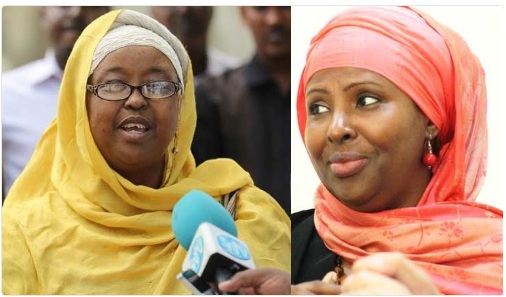The Paris climate agreement, which brings on board the world’s two leading carbon polluters, the United States and China, is undisputedly ground-breaking, but visionaries at the Annual Meeting of the New Champions 2016 in Tianjin, China say the bar needs to be set even higher.
“I am excited about Paris; it is a turning point. We will look back on it and see it as a shift from fossil fuels to biofuels. But, in a couple of years, we will evaluate where we are and we will see we are not doing enough,” warned Feike Sijbesma, Chief Executive Officer and Chairman of the Managing Board, Royal DSM, Netherlands, and a Co-Chair of the Annual Meeting of the New Champions 2016.
Under the Paris agreement signed earlier this year, China and the United States pledged to formally adopt mechanisms to curb global warming, providing global impetus to the fight against climate change.
The deal will only come into force when ratified by at least 55 nations, representing 55 per cent of carbon emissions. It’s a huge first step because, together, China and the United States account for about 40 per cent of global emissions.
With the world’s two largest economies leading the way, Sijbesma said the private sector also needs to take a “future proof” approach to mitigate the risks of climate change and stay relevant.
“The companies that are not preparing right now, not running on the premise their emissions are not unlimited, not recognising there are new forms of energy, those companies will not be future proof, and they run the risk of going out of business,” he said.
Sandra Wu Wen-Hsiu, Chairperson and Chief Executive Officer, Kokusai Kogyo, Japan, agreed that the private sector has to adapt, and fast. “If we don’t go that way, we will probably go out of business. It enhances competitiveness. To me, it is differentiation,” she said.
Qi Ye, Director, Brookings-Tsinghua Center for Public Policy, China, asked: Can we put a cost on climate change – is the $1 billion figure being tossed around really enough?”
Countering climate change will require creative financing solutions and much, much more money, said panellists, and that is no easy task in the current economic conditions. “The sharp decline in fossil fuels, especially in oil, has made it much more economically challenging to promote renewable energies,” admitted Ted Chu, Chief Economist at the International Finance Corporation in Washington DC.
Green bonds, bio-waste, energy-efficient buildings and full commitment to a carbon market are finally becoming a reality, pointed out Zou Ji, Deputy Director-General, National Center for Climate Change Strategy and International Cooperation (NCSC), People’s Republic of China.
“We are launching the national carbon market next year. We are working very intensively to prepare for that, to make the national carbon market happen, together with other policy instruments,” he said.
Post Paris, Zhou reiterated the need to keep moving the benchmarks forward as the impacts of climate change reverberate across the globe. In China, he said, eyes are already on the next decade.
“We are optimistic that China can set more ambitious targets post-2020,” said Zhou, “We’re looking now towards 2030.”
The World Economic Forum’s 10th Annual Meeting of the New Champions is taking place (June 26-28) in Tianjin, China. Convening under the theme, The Fourth Industrial Revolution and Its Transformational Impact, more than 1,700 business leaders, policy-makers and experts from over 90 countries are exploring more than 200 sessions over the three days of the meeting.
Source: The New Times



